Volkswagen's final reckoning
Volkswagen's unprecedented deal — $14.7 billion — dwarfs recent auto industry settlements for corporate malfeasance
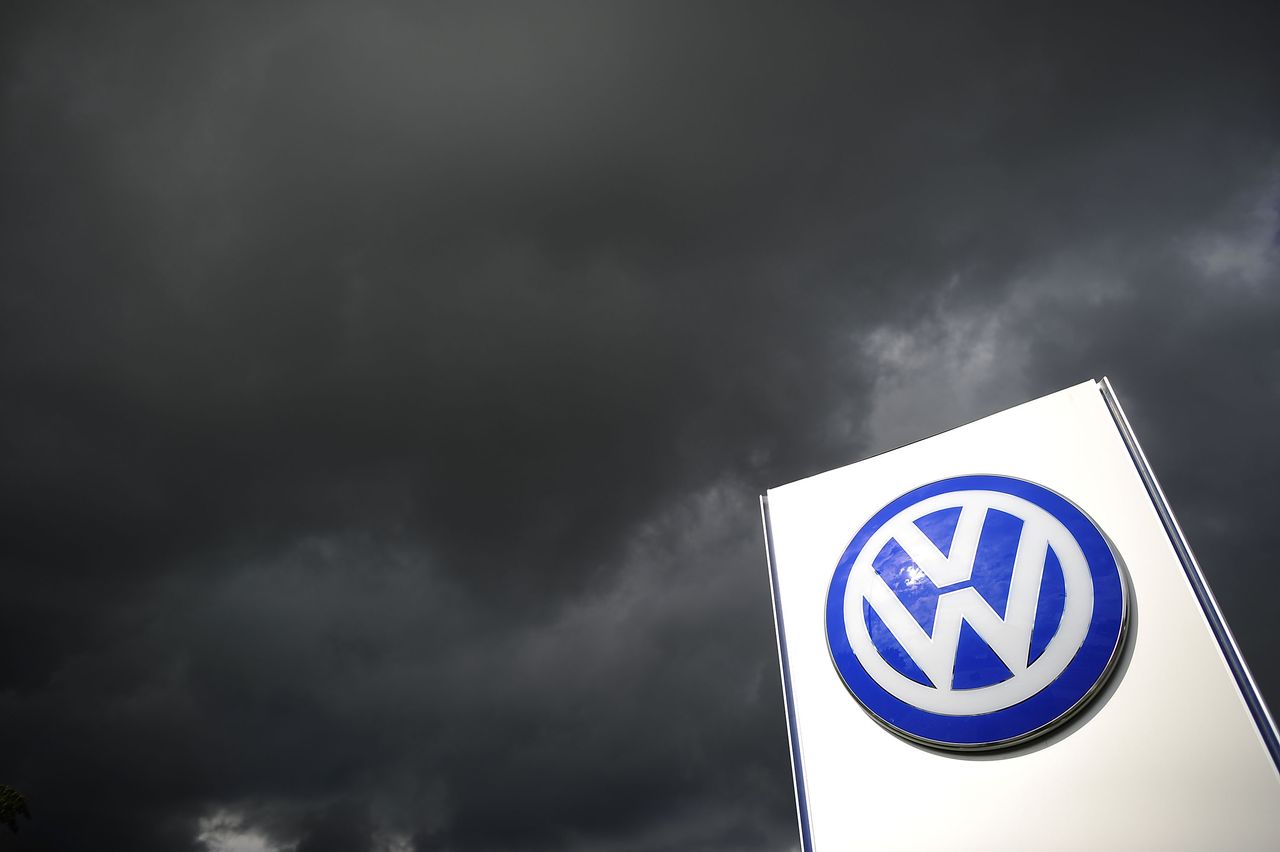
The smartest insight and analysis, from all perspectives, rounded up from around the web:
Volkswagen is one step closer to putting its diesel emissions scandal behind it, after agreeing to "one of the largest consumer class-action settlements ever in the U.S.," said Hiroko Tabuchi and Jack Ewing at The New York Times. The embattled German automaker agreed last week to pay $14.7 billion in connection with 475,000 of its diesel vehicles that were outfitted with software designed to cheat air-quality tests. Under the terms of the deal, Volkswagen will buy back affected cars from American owners at pre-scandal values, as well as provide cash compensation ranging from $5,100 to $10,000 per owner. The unprecedented deal dwarfs recent auto industry settlements, like the $1.4 billion Toyota paid over flawed accelerators and the more than $2 billion General Motors has paid to settle claims related to faulty ignition switches.
"The final reckoning for VW is likely to cost the company billions more," said Edward Niedermeyer at Bloomberg. The firm could still be fined up to $45 billion by the Environmental Protection Agency for violations of the Clean Air Act, since the affected cars spewed nitrogen oxide at up to 40 times the legal limit. But it gets even worse for the automaker in Europe. With some 8.5 million VW diesel engines on the road there, the costs of any settlements and fines could be devastating. Then there's the torrent of litigation from shareholders furious with VW for waiting too long to inform them about the crisis. Former CEO Martin Winterkorn and current brand chief Herbert Diess face criminal charges of market manipulation for that same reason, so the lawsuits could gain "massive tailwinds" as those cases move forward.
Subscribe to The Week
Escape your echo chamber. Get the facts behind the news, plus analysis from multiple perspectives.

Sign up for The Week's Free Newsletters
From our morning news briefing to a weekly Good News Newsletter, get the best of The Week delivered directly to your inbox.
From our morning news briefing to a weekly Good News Newsletter, get the best of The Week delivered directly to your inbox.
VW "deserves to pay" for tricking drivers and regulators, said The Washington Post in an editorial. "The company brazenly defied the law, unfairly undercut its competitors, cynically betrayed its consumers, and damaged the country's air quality." That being said, "it's time to move on." Last week's settlement equals nearly a fifth of the company's value, and the penalties will surely require VW to slash its research-and-development budget, making it harder for it to invest in cleaner, more efficient vehicles. The government has sent a strong message, "but regulators and the courts must be careful not to hobble one of the world's largest carmakers." The dirty secret of the auto industry is that no vehicle, diesel or gasoline, lives up to its emissions promises when it's actually on the road, said Ion Yadigaroglu at CNBC. Instead of compensating drivers, Volkswagen should have been required to use some of the money to push for the adoption of electric vehicles and to build charging stations, which would do "a lot more to clean the air" than removing 475,000 offending diesels.
VW has only itself to blame for this calamity, said Jeffrey Rothfeder at The New Yorker. The company made a "huge bet" on clean diesel, confident that its technology could deliver better fuel economy and lower emissions than gasoline without sacrificing performance. But when VW engineers ran into problems, the company's notoriously rigid, top-down culture gave them the impression that they had to succeed — or else. They decided it was better to cheat than fail. Other unbending corporations should take note: "Bad management leads to big punishment."
Sign up for Today's Best Articles in your inbox
A free daily email with the biggest news stories of the day – and the best features from TheWeek.com
-
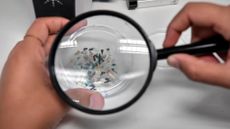 Microplastics accumulating in human brains, study finds
Microplastics accumulating in human brains, study findsSpeed Read The amount of tiny plastic particles found in human brains increased dramatically from 2016 to 2024
By Peter Weber, The Week US Published
-
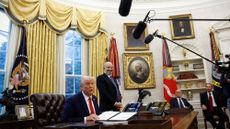 Trump's China tariffs start after Canada, Mexico pauses
Trump's China tariffs start after Canada, Mexico pausesSpeed Read The president paused his tariffs on America's closest neighbors after speaking to their leaders, but his import tax on Chinese goods has taken effect
By Peter Weber, The Week US Published
-
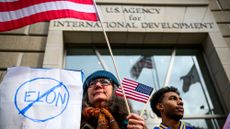 Democrats try to stop Trump's USAID closure
Democrats try to stop Trump's USAID closureSpeed Read Trump and Elon Musk are attempting to dismantle the US Agency for International Development, a move congressional Democrats say is illegal
By Rafi Schwartz, The Week US Published
-
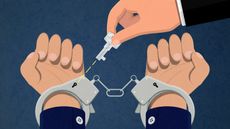 The pros and cons of noncompete agreements
The pros and cons of noncompete agreementsThe Explainer The FTC wants to ban companies from binding their employees with noncompete agreements. Who would this benefit, and who would it hurt?
By Peter Weber Published
-
 What experts are saying about the economy's surprise contraction
What experts are saying about the economy's surprise contractionThe Explainer The sharpest opinions on the debate from around the web
By Brendan Morrow Published
-
 The death of cities was greatly exaggerated
The death of cities was greatly exaggeratedThe Explainer Why the pandemic predictions about urban flight were wrong
By David Faris Published
-
 The housing crisis is here
The housing crisis is hereThe Explainer As the pandemic takes its toll, renters face eviction even as buyers are bidding higher
By The Week Staff Published
-
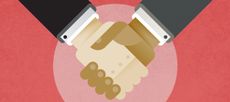 How to be an ally to marginalized coworkers
How to be an ally to marginalized coworkersThe Explainer Show up for your colleagues by showing that you see them and their struggles
By Tonya Russell Published
-
 What the stock market knows
What the stock market knowsThe Explainer Publicly traded companies are going to wallop small businesses
By Noah Millman Published
-
 Can the government save small businesses?
Can the government save small businesses?The Explainer Many are fighting for a fair share of the coronavirus rescue package
By The Week Staff Published
-
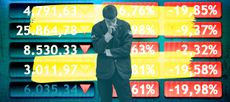 How the oil crash could turn into a much bigger economic shock
How the oil crash could turn into a much bigger economic shockThe Explainer This could be a huge problem for the entire economy
By Jeff Spross Published